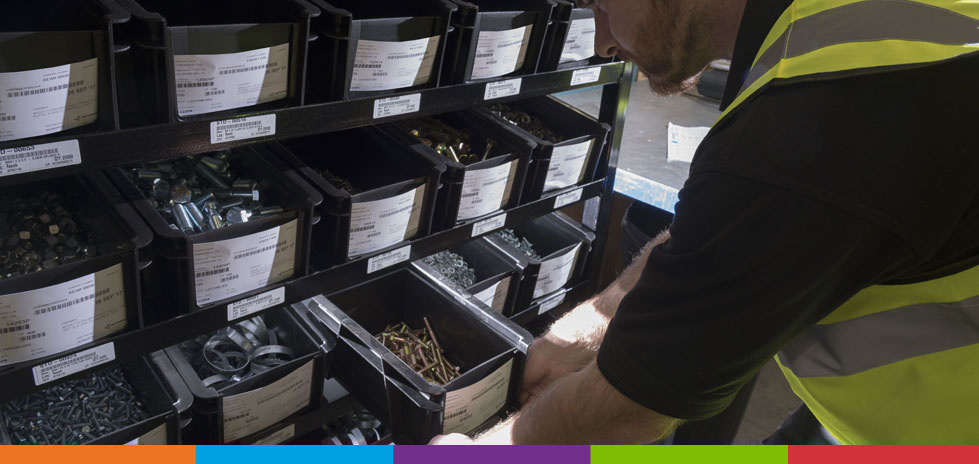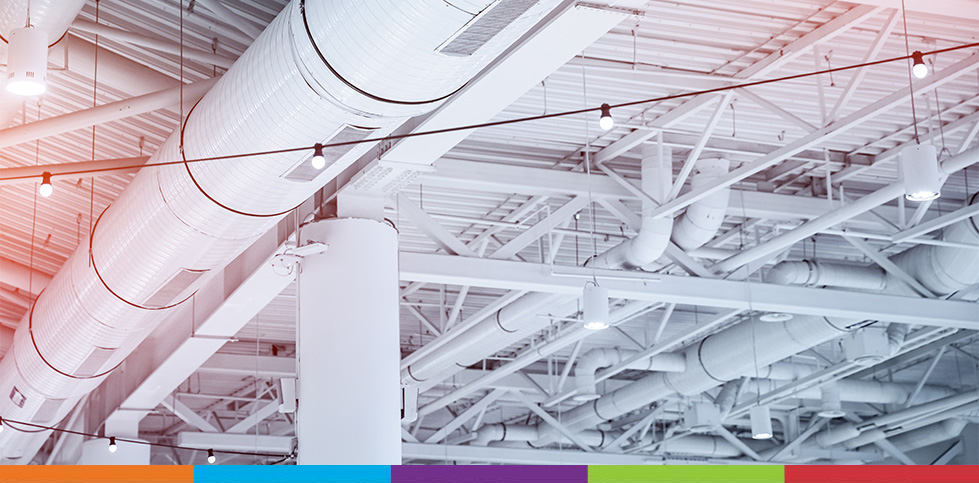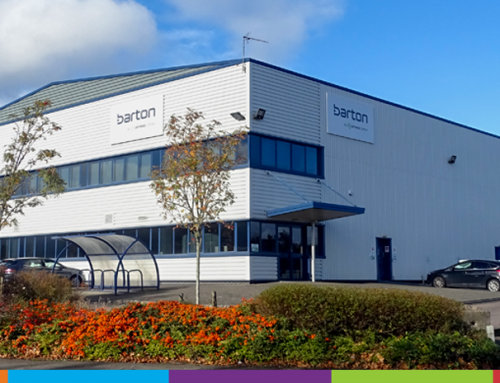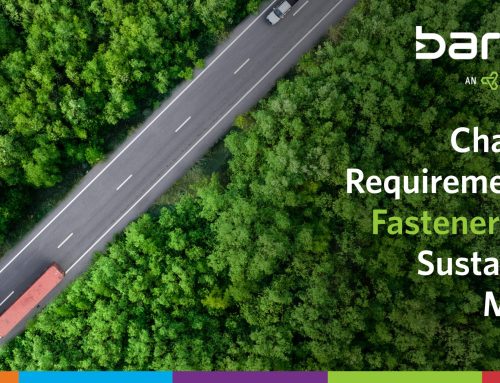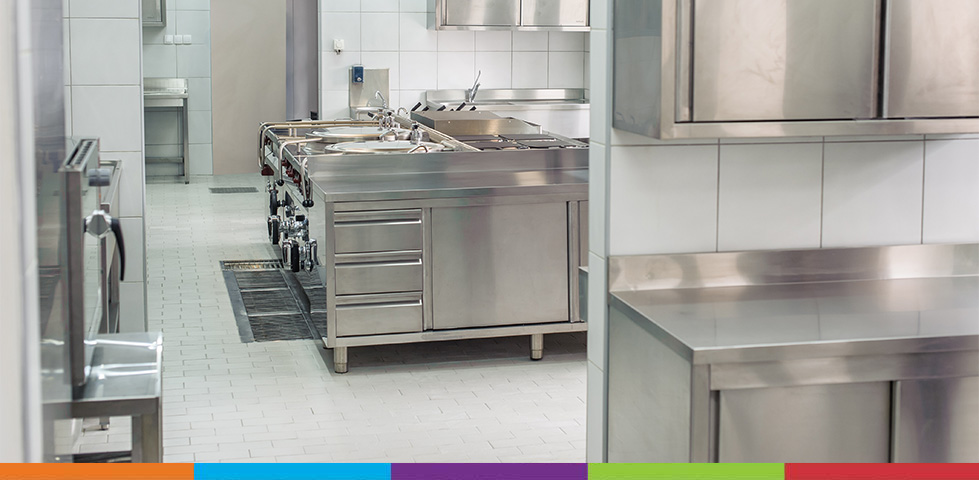
3 Considerations for Sustainable Industrial Appliance Manufacturing
Sustainability is at the forefront of the minds of many manufacturers, especially those in the industrial appliance industry.
Not only is there a general demand for industrial appliances, from utility boilers to commercial dishwashers, but demand is surging specifically for eco-friendly products. With both consumers and governments prioritising energy efficiency, many appliance manufacturers are looking to source, produce and distribute sustainably to curb carbon emissions.
Here are three ways that businesses can achieve sustainable industrial appliance manufacturing processes:
- On/Nearshoring Fasteners
The process of onshoring is when a manufacturer sources supplies from their own country, whereas nearshoring involves sourcing from nearby countries. Both onshoring and nearshoring can significantly improve a business’ carbon footprint, as local sourcing requires much less transportation.
With 17% of global greenhouse gas emissions coming from goods transportation, local sourcing should be a top priority for those trying to achieve sustainable industrial appliance manufacturing processes.
Aside from this, onshoring and nearshoring minimise supply chain risk by reducing shipping delays and customs charges, as well as offering closer collaboration between suppliers and manufacturers.
2. Sustainable Fastener Production
One way appliance manufacturers can lower the overall emissions of their production processes is by sourcing their fasteners from a sustainable manufacturer or distributor. Fasteners may be some of the smallest parts used in an industrial appliance, but they’re often the most numerous and can massively impact product quality.
One example of sustainable manufacturing is cold-forming, a production method that involves forming metal into different shapes through force, and without heat. Cold-forming requires much less energy than many other fastener production processes, and ensures minimal waste of raw materials, with 0% sent to landfill.
Evidently industrial appliance fasteners need to be corrosion, heat and stain resistant, and cold-forming produces very durable, stainless-steel and alloy fasteners that can then be coated with materials like galvanised zinc.
3. Partnering With an Eco-Friendly Fastener Distributor
As suppliers and manufacturers often have a symbiotic relationship, it’s important that manufacturers prioritise partnering with a supplier with clear, achievable sustainability targets to help reach their own.
At Optimas, sustainability is a driving force for what we do, from manufacturing to distribution. All of our UK facilities are powered by renewable energy and, building on the momentum of our ISO 14001 accreditation, we’ve put in place a tangle sustainability roadmap for our facilities around the world, aiming to power 70% of them with renewables by 2025.
Not only do we have our own eco-friendly aspirations, but we’re dedicated to those of our partners. As the only fastener manufacturer with cold-form facilities on both sides of the Atlantic, we aim to help our partners onshore or nearshore at every opportunity.
We also use reusable packaging for the distribution of our parts, rather than single use plastics and cardboard.
Offering both sustainable manufacturing and distribution practices, we can help you reach your environmental targets. Work with us to meet the demand for energy efficient and low-emissions industrial appliances.

